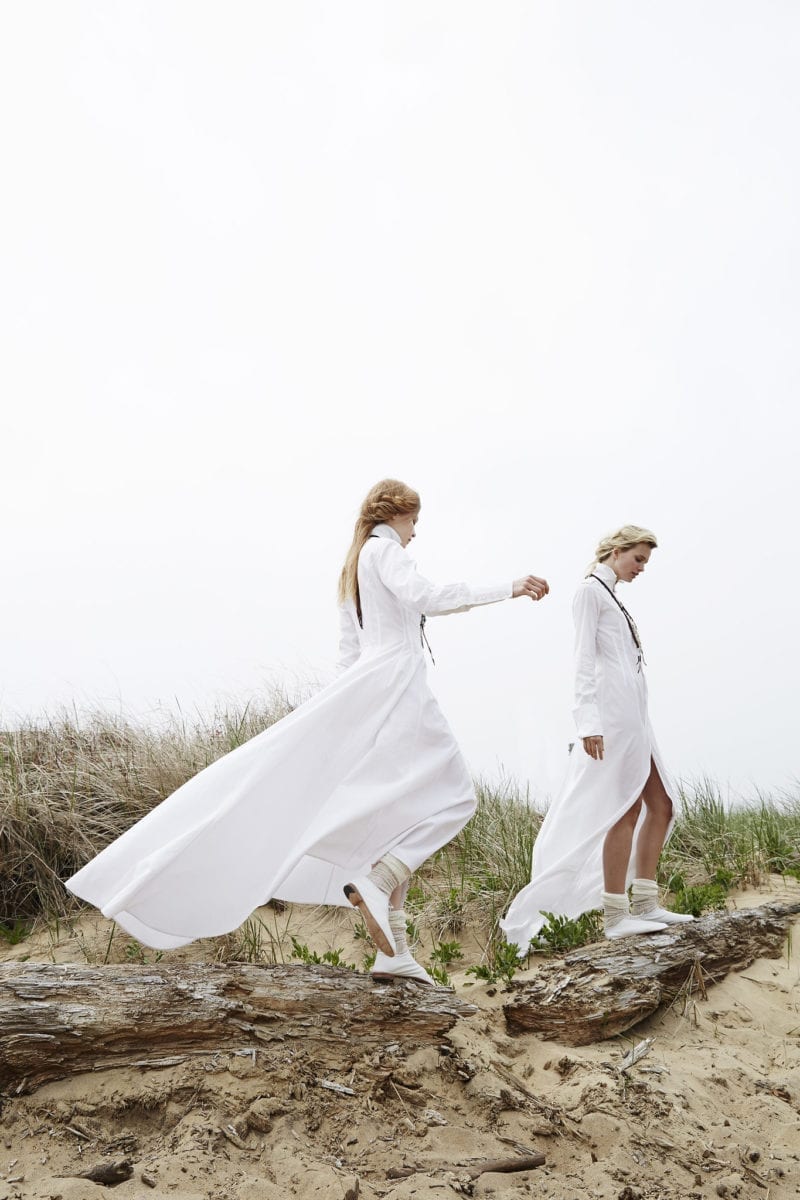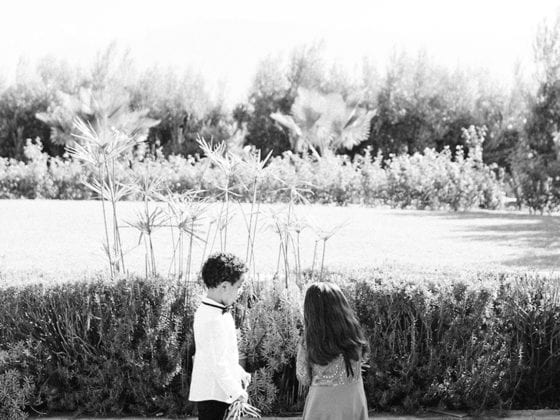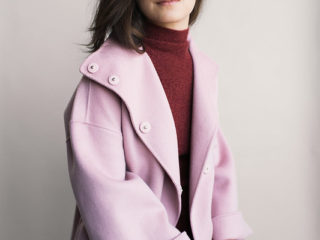Up until the moment of the fight, I had thought everything was fine. I was priming for a party my roommate and I had been planning for a long time. With an ABBA theme and plenty of glitter in place, we were prepared for a perfect evening.
Then, amidst the hum of chatter and whirl of dancing, my best friend and I were in a fight. I had made a comment in jest about her outfit, thinking it would be well-received. I assumed that she would laugh and take it as a compliment. I always figured we just “got” each other.
Yet, an explosion erupted. She began dealing blows to the very core of our friendship. She claimed that I had been treating her coldly as of late and confessed her feeling that we were no longer on the same page. She traced the history of a once inseparable friendship and landed on a tale of two people living in alternate realities. I felt completely unaware of what prompted this attack.
It was hurtful. Perhaps, even unnecessarily cold. I was so caught up in the shock of what I was hearing, I couldn’t listen. I didn’t have the courage to ask myself what role I had played in that fissure. I couldn’t counter her accusations with an admission of what I had been feeling and how my feelings had caused me to behave. For the past several months, I had been completely lacking self-awareness.
I didn’t have the courage to ask myself what role I had played in that fissure.
Instead, I invented stories. I told myself I was no longer good enough for her. I vowed to play the victim in the tale of a friend betrayed. I decided I had seen this coming and that she had been distancing herself from me for a while. Yet, after sleepless nights and days spent with a pit in my stomach, I called. We arranged to meet for pierogies and soup. I chose the warmest place I could think of—a comforting cocoon to help me swallow the truth I felt unready to hear.
Over piping hot bowls of beet soup, I took a deep breath. I asked to hear more of what she was feeling. To my surprise, she expressed disbelief that I hadn’t felt it too.
“We have been distant for months,” she said. “Surely you knew?”
“No,” was my immediate reply. Of course not. Why would we have been distant? I didn’t even know that she was mad at me.
The truth was that I had been growing increasingly frustrated with her, with our friendship. I felt as though our friendship had grown competitive, as though she had been creeping into my territory. She spent more and more time exploring hobbies and trades that once were exclusively mine. She used details about our friendship for her performance art (don’t worry, the irony isn’t lost on me), which she shared in front of 50 people, leaving me humiliated. I felt that I couldn’t be honest with her about how it hurt me.
I was afraid to admit it and unprepared for the guilt that accompanied the truth. Months of hurt that had resulted in months of distance came rushing to the surface. I saw how it manifested itself in dismissiveness and caused me to keep her at arms’ length. How it kept our conversations superficial. How I fumed inside with hurt, anger and embarrassment, but slapped a smile over it. I thought I was hiding it, but I was so wrong.
We know that relationships take work. It’s something most of us have heard since our youth, but it’s hard to identify what that work is. I think of it as breathing. Every time we exhale, our breath becomes part of the air. Likewise, every action toward another person becomes a part of our relationship with them. Although we cannot see the atmosphere receiving our breath, it still does. Although we cannot always see how our actions affect others, they still do.
Although we cannot always see how our actions affect others, they still do.
In turn, the air we inhale is invisible to us, but it fills our lungs all the same. Thus, we absorb the actions of others as they silently permeate our hearts. A healthy relationship requires acknowledgment of that balance. It calls upon us to see how our feelings manifest themselves into the actions that others receive. It demands the courage to be self-aware.
A relationship remained before me. My friend was by my side, giving me the tools to understand her. It was time for me to reciprocate. To confront my poor attempt at concealing my hurt and see how it had affected her. To exhale the truth of my needs. To take our conflict and convert it into closeness.
I took a sip of my drink and began to open myself up to vulnerability.
What role does self-awareness play in a friendship or relationship of any kind? Have you ever seen a lack of self-awareness hinder a relationship?
Image via Sarah Kehoe, Darling Issue No. 14












1 comment
I have to say that this really resonated with me today. I haven’t spoken to someone who used to be an extremely close friend in over two years. I’ve spent so much time analyzing how everything went down without ever having a very needed, hard face to face conversation. I’m not sure if it’s worth resolving anymore. I just know that we’re both guilty for not working on our friendship when we had the chance.